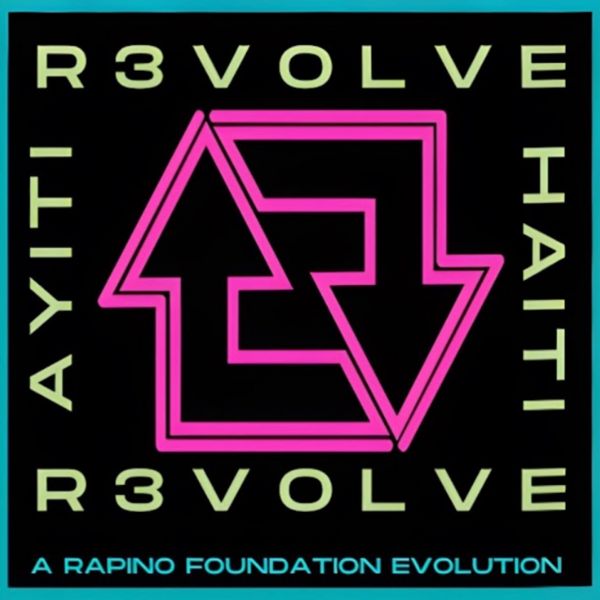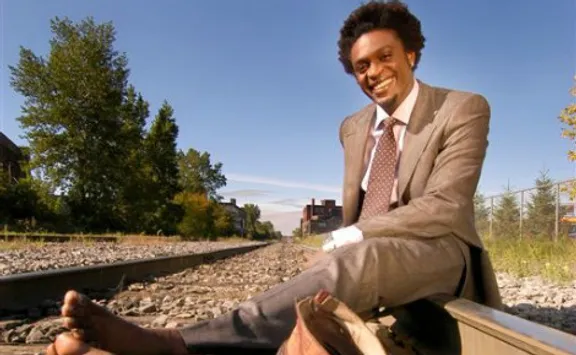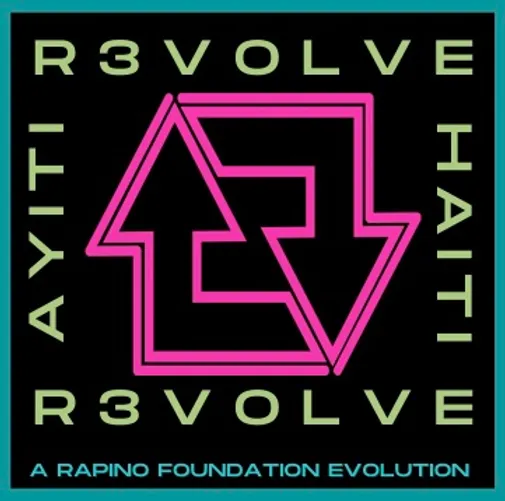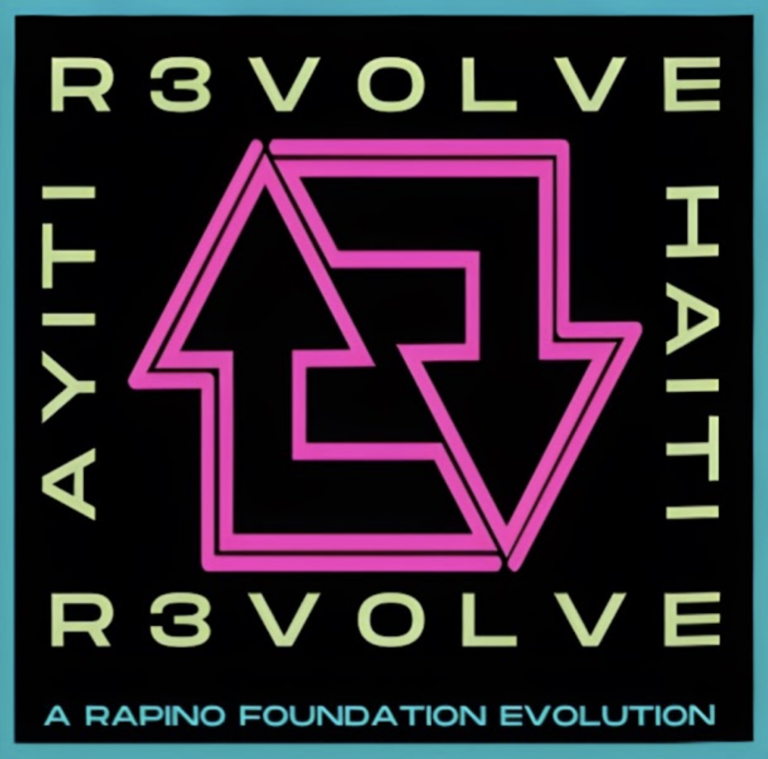A NOTE FROM JOLENE: This article was written by Corneille for Oprah. When he speaks about African children needing their pride preserved so that love is kept alive within that child vs western children who need love to keep their pride alive is a deep and profound observation and how youths exposed to western thought, style and trends leaves children across a perceived gaping divide causing them to consider that they may never attain their dreams. The inability to reach our dreams reduces us as human beings. We become lesser beings. The truth is that given the support and opportunity that the potential for greatness is within every child no matter where they are born, their ethnicity, mother tongue or economic status. It is each of us that needs to define greatness for ourselves. Haiti lay less than two hours from the United states with a large expat population. This grand divide between them and success is felt early on. The west does not define success or the markers for success for any individual, peoples or country. We do.
In 1994, the normal life Corneille Nyungura lived with his family in Rwanda was shattered when the largest genocide in modern history claimed more than 800,000 lives—including those of his entire family. Nyungura managed to escape to Germany, adopted by friends of his parents, and became one of Canada’s and France’s most popular musicians. This is his story. I was born in Germany, where my parents were studying, and moved to their homeland, Rwanda, when I was 6 1/2 years old. I was brought to “my” country a stranger. The culture shock was considerable, and let’s just say I had a bit of a hard time blending in, being a dark-skinned, German-speaking boy. To make matters more culturally confusing for me, my parents decided they were going to keep one foot in the west, speaking German at home, and make me listen to Beethoven, Mahalia Jackson and Johnny Cash. This partly explains why any other morning, as a young teenager, I could be found humming a Babyface tune instead of a Koffi Olomidé party anthem. At 16, I started a band with three other kids from my neighborhood. My father heard and encouraged my undeniable passion for music. He even offered to pay for my band’s first demo. That’s odd, even to western cultural standards. I can still hear a friend telling me: “Your dad is so cool! I can’t even tell mine I make music.” That was my father. My parents belonged to the minuscule westernized intellectual, and later, social elite. My father was an engineer, and my mother beat the odds even more. She was an executive at one of the top banks in the country, the only woman to occupy that position if I remember well. That was my mother. That said, Africa is socially structured in such a way that it allowed those of us who were interested to interact with the less socially privileged. This might explain why I remained so naïve and completely oblivious to the political/ethnic time bomb that was ticking all over our beloved country. Ironically, one of my favorite songs to cover was Boyz II Men’s “End of the Road.” We should have seen it coming, but we didn’t. Not me, not my parents. Even when evil materialized in grenade sounds and screams, clearly audible right next to our home, we stayed in denial. It cost me the lives of my entire family—my father, my mother, my two younger brothers and my baby sister. One night they came, armed to the teeth, and shot everyone in my household.
How Nyungura survived Link:

I survived in circumstances that are hard for me to describe in two pages. But, I did survive. I did better than that. I built a career as a very successful singer/songwriter in France and French Canada. Even better, four years ago, I went for dinner with the most gorgeous, most amazing girl I had ever met, and I’ve been married to her for three years now and we’re expecting our first baby next April. The secret? My parents loved me until they died. And before that, I had watched as they both rose from modest rural African backgrounds and raced up the social latter all the way to the very top. I inherited love and pride, the deadliest combination against hardship. I lived an American dream in Africa. I got the best of both worlds. As a goodwill ambassador for UNICEF, I made a humanitarian trip with my wife, Sofia, to Malawi in 2005. In the rural parts of Malawi, the children we met were happy. They were loved and proud. Typically, African parents love their children until they die, as did mine, and up to a certain age, in rural Africa, all you need is love to stay proud. They couldn’t possibly need an Xbox since they did not know of it, and so their needs were in total agreement with their environment. Their pride was preserved.

Unfortunately, urban exodus is a growing modern phenomenon in Africa. Eventually, these children leave their villages for the big cities where television and the Internet expose them to conveniently fairy-like images of “the West.” Their needs are brought into a context so foreign to Africa that they seem out of reach. And nothing takes a worse toll on your pride than the idea that your needs are unattainable. What African children need is help for their parents. The kind of help that has Africa’s economic and cultural independence as a goal. The kind of help that considers and respects Africa’s unique values, history and mentality. Africa’s children just need their pride preserved to keep the love alive. Whereas sometimes I feel western children need a little more love to keep the pride alive. In this respect, I would say children in Africa and America complete each other. I say they are equals. And so there is no pity to be felt for the children of Africa, for they are loved. They just need just need help, as we all do





